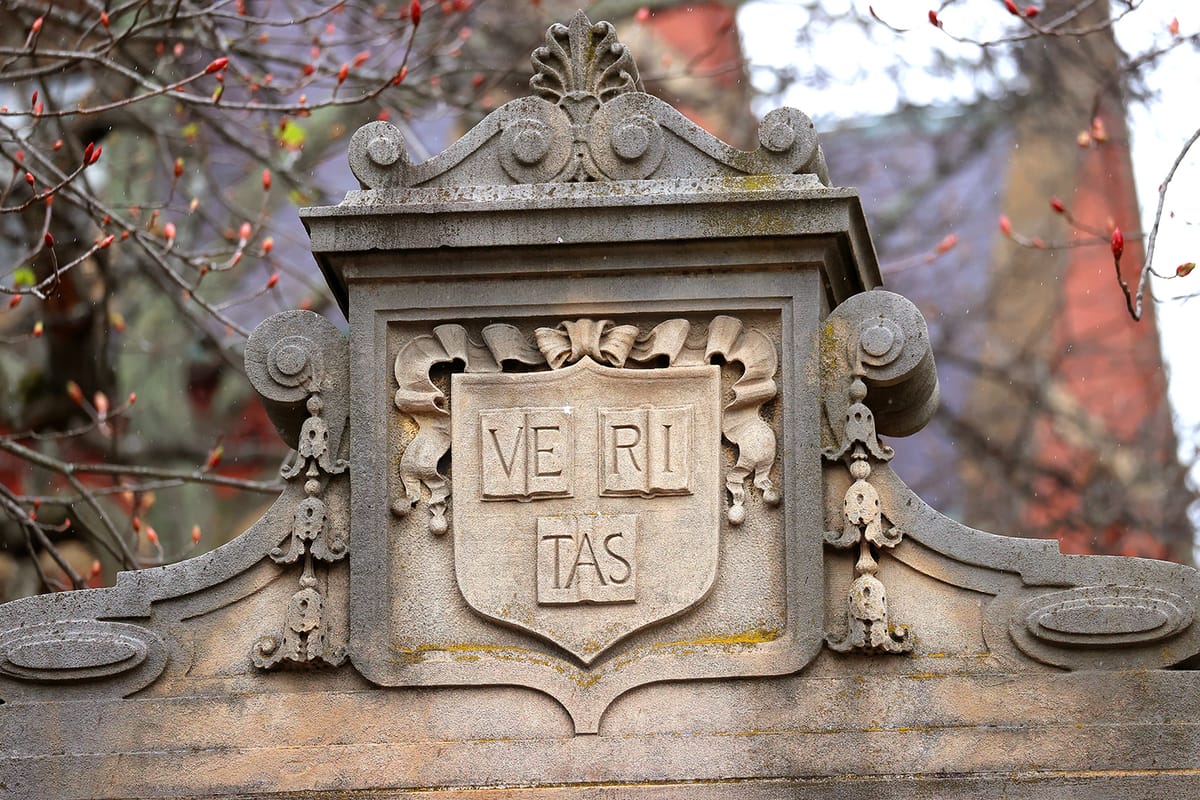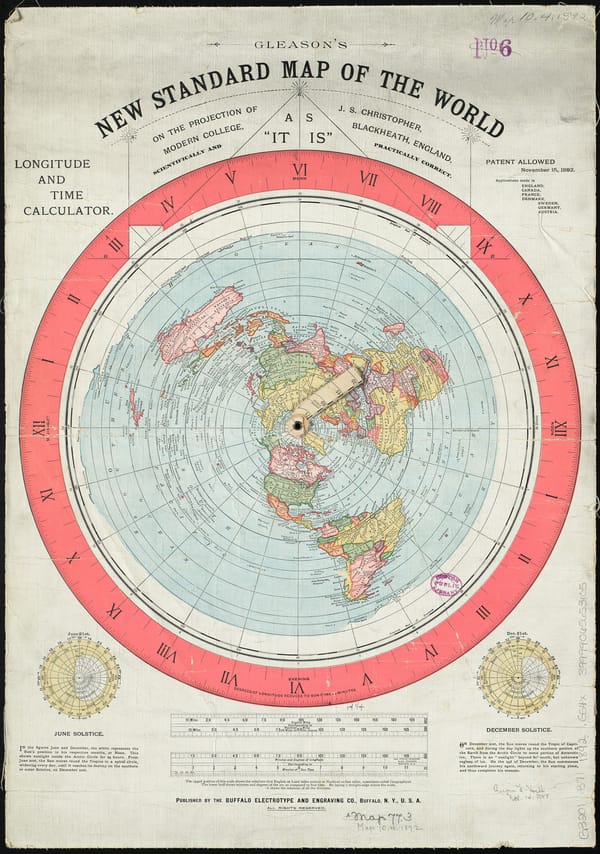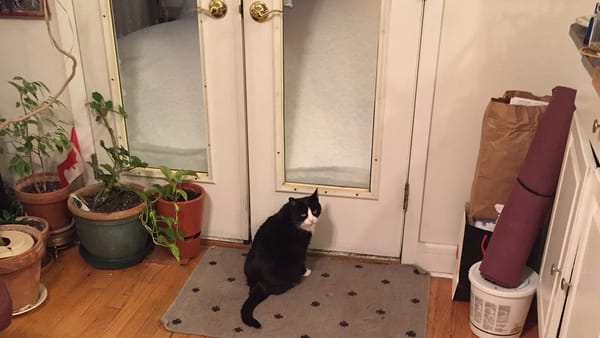Subtle Trump support
Indignity Vol. 5, No. 83

THE WORST THING WE READ™
Which Side Is Harvard's President On?
WHEN HARVARD UNIVERSITY president Alan Garber announced that Harvard was fighting back in court against the Trump administration's efforts to revoke the school's federal funding, it was natural to wonder if the university really meant it. Harvard is not an especially principled institution (see: the roster at the Institute of Politics); for all its fabled self-regard, it's not even an especially self-respecting one (see: Jared Kushner's undergraduate degree). Standing firm did seem like the rational and strategically sound thing to do, as the likes of Columbia—to say nothing of major media corporations and top law firms—made a spectacle of rolling over for Donald Trump, only to keep getting rolled further. But does Harvard have what it takes to be heroic?
On Saturday, the New York Times published a story online—which then ran on the front of Monday's print edition—casting doubt on how deeply Garber and Harvard were opposed to joining in the elite surrender to the White House. The online version carried the alarming headline "Harvard’s President Is Fighting Trump. He Also Agrees With Him"; the print edition went with the milder but still pointed "Fighting Trump But Also Trying To Fix Harvard."
The story was written by Jeremy Peters, the Times' designated culture-war correspondent, and Gina Kolata, who more frequently covers purported medical breakthroughs—two very different reporters, both with a knack for chasing a story angle somewhere beyond a tenable interpretation of the available facts. Kolata appeared to be on the case because Garber came to university administration from a background in medical academia; Peters was on it because it was the kind of story the Times wants him to do. It was filed under "Campus Crackdown," the rubric formerly known as "Antisemitism on Campus," which had included such Jeremy Peters contributions as "M.I.T.'s President Has Weathered the Storm, For Now."
Did Garber truly agree with Donald Trump? The piece, built around a "lengthy interview in Washington" with Garber, told readers that "Dr. Garber has been clear—subtly but insistently—that he shares some of the same concerns about Harvard the Trump administration has." Garber, the story recounted, has said "that Harvard has a campus culture problem that needs urgent fixing."
"Harvard has often shut out voices that many liberals disagree with, he said, and it has allowed antisemitism to go unchecked," Peters and Kolata wrote.
Garber had, the story said, "expressed disappointment with a political climate on campus that could be intolerant of dissent."
Yet somehow Garber had not said a single one of these things—about Harvard's "campus culture problem," about how Harvard "allowed antisemitism to go unchecked"—in a form that the New York Times could publish inside quotation marks. Garber's subtle and insistent agreement with Donald Trump was so subtle that it could only be recorded through paraphrase, not through any string of words coming from the Harvard president's mouth.





